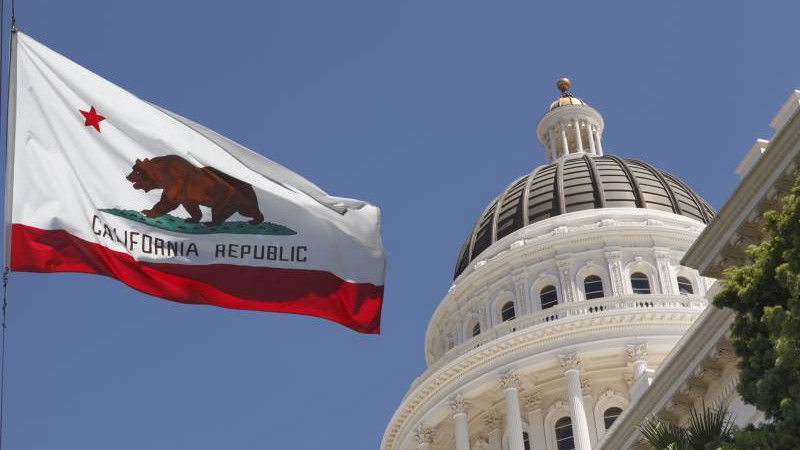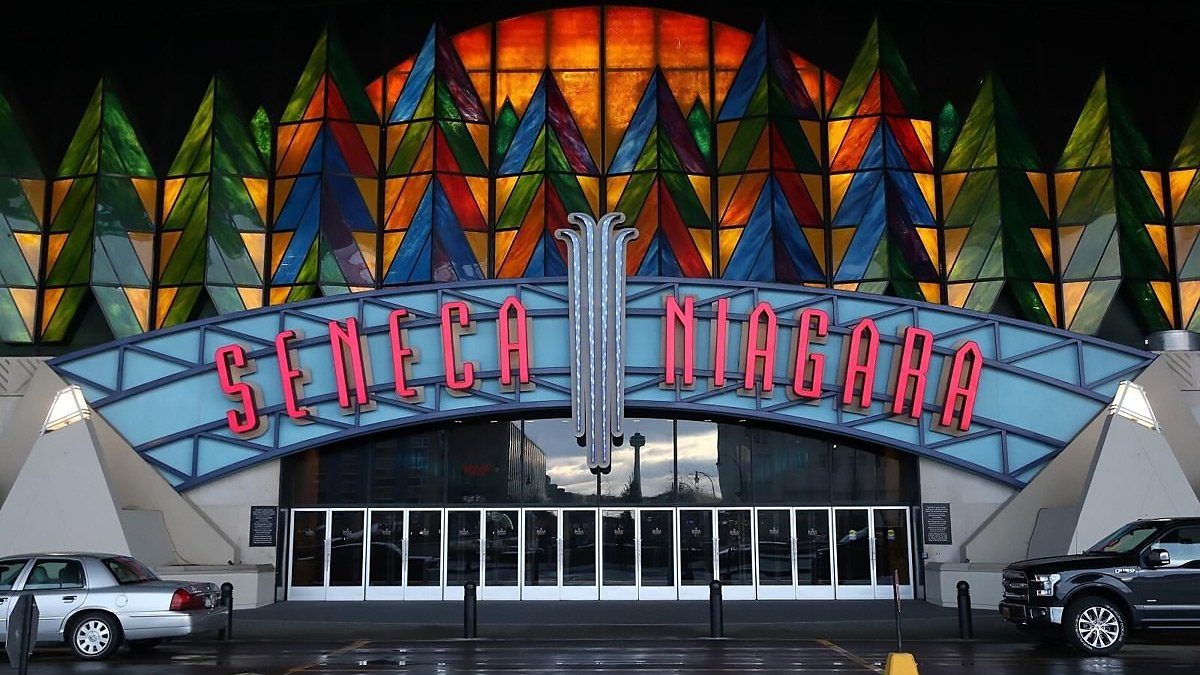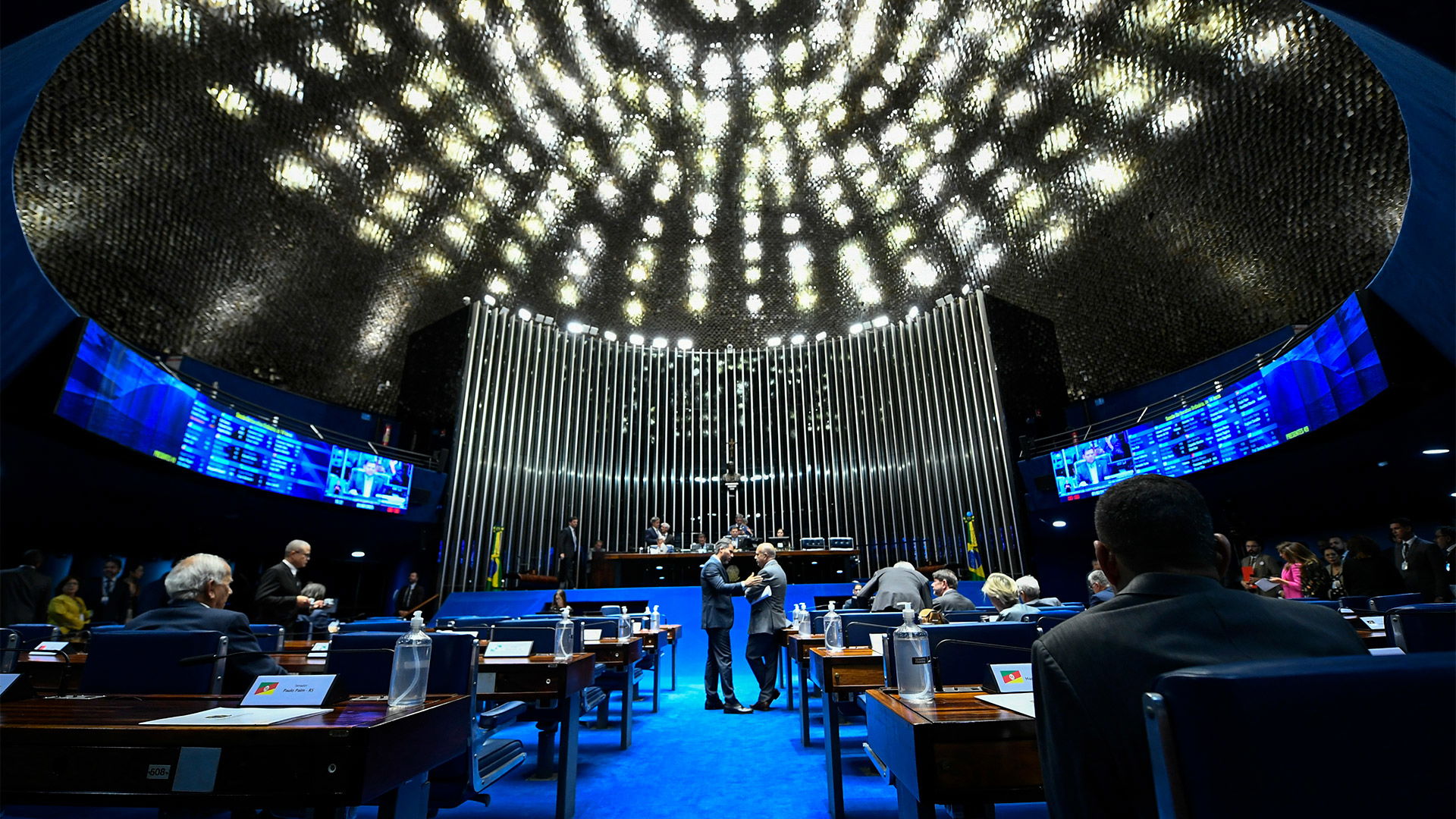VGW allies with small California tribe to fight anti-sweepstakes bill

California lawmakers are weighing legislation to ban sweepstakes gaming, a move opponents warn could wipe out $1 billion in annual economic activity.
Assembly Bill 831 (AB 831), which seeks to criminalize sweepstakes-style online casinos, cleared two committees unanimously in July and is now before the Senate Appropriations Committee. On Monday, the panel placed it on its Suspense File, where members assess fiscal impacts before deciding whether to advance it to the full Senate floor.
Australian sweepstakes operator Virtual Gaming Worlds (VGW) is leading resistance. Ahead of the hearing, the company partnered with the Kletsel Economic Development Authority (KEDA), a Northern California tribe with fewer than 300 members, to become the first tribal group to formally oppose the bill.
“This bill lacks unanimous support among California tribes, has advanced without meaningful consultation with many of us, and threatens our inherent right to operate legitimate revenue streams to support our people,” KEDA chief executive Eric Wright told lawmakers. He said the measure favored “large, well-established gaming tribes” at the expense of smaller ones.
AB 831 is co-sponsored by the Yuhaaviatam of San Manuel Nation and the California Nations Indian Gaming Association, both of which have historically opposed online gaming expansion in the state. Tribes spent $463.3 million in 2022 to defeat Proposition 27, a sports betting initiative backed by commercial operators, in the most expensive ballot fight in U.S. history.
At Monday’s hearing, no speakers testified in favor of the bill. The Social Gaming Leadership Alliance (SGLA), an advocacy group founded by VGW, argued the ban would cost California nearly 1,200 jobs and “over $1 billion” in economic benefit annually.
“Instead of a prohibition of online sweepstakes, we should instead regulate and tax it, which could generate between $200 million–$300 million a year in new revenue to the state of California,” said Shane Levine, speaking on behalf of SGLA.
VGW founder and CEO Laurence Escalante said the company’s focus remained on “respectful engagement with legislators” to pursue “modern, appropriate regulatory structures that can benefit players and states alike – not rushed, flawed legislation with unintended consequences being pushed by parties with clear vested interests like AB831.”
California’s stance carries outsized weight for operators. The state is one of the largest markets for sweepstakes gaming, even as states including Montana, Nevada, Connecticut, and New Jersey have already imposed outright bans.
















